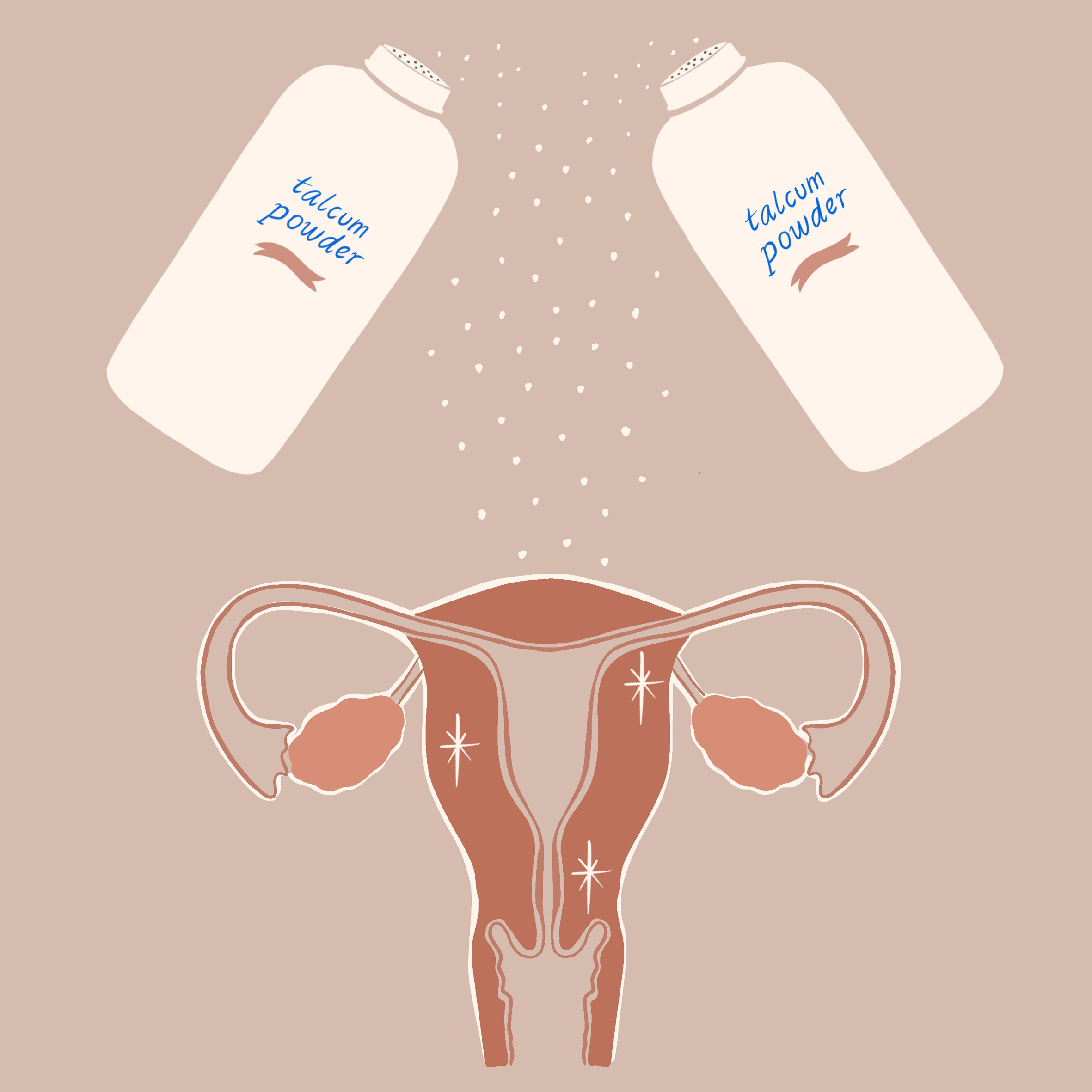Consumer products and prescription drugs are used by millions of people every day. Johnson & Johnson's talcum powder, Monsanto's Roundup and the chilling opioid crisis have recently been in the headlines as legal teams attempt to get justice for thousands of injured individuals.
Here's our breakdown of the top three legal cases to watch in 2019.
Johnson & Johnson’s 9,000+ Talcum Powder Cases Hanging in the Balance
For a brief moment in December, the $360 billion personal and healthcare behemoth Johnson & Johnson appeared to have its tail between its legs when it joined a $1.5 million settlement shared with other defendants in a case alleging their talcum powder products contain cancer-causing asbestos. Johnson & Johnson insists that this settlement was a one-shot deal, and vows to fight tooth and nail to defend the safety and integrity of its baby powder in the more than 9,000 other asbestos cases it’s facing.
And tooth and nail is exactly how Johnson & Johnson may need to defend itself before a specialized asbestos court in New York City, which was ranked third on the American Tort Reform Association’s list of the nation’s top nine “judicial hellholes” for plaintiffs. The city’s asbestos court, known as NYCAL, was specifically called out for its big-dollar jury awards and loosey-goosey standards for experts and evidence.
New York state uses the “Frye” standard of evidence while dozens of other states and federal courts use the stricter “Daubert” standard. No surprise, plaintiffs have come out on top in two out of two NYCAL talcum cases to date.
Johnson & Johnson it crossing its corporate fingers hoping that a recent ruling in Juni v. Ford Motor will be precedent-setting, requiring the plaintiffs to demonstrate that baby powder caused plaintiffs’ cancer, not merely that it contains a minute amount of asbestos.
If NYCAL or an appeals court upholds this higher standard, it could seriously undermine those 9,000+ other cases, according to Forbes Magazine.
California Federal Courts To Decide If Monsanto’s Roundup Weedkiller Causes Cancer
More than 900 consumers who’ve alleged that glyphosate, the active ingredient in Monsanto’s Roundup weedkiller, caused their cancer will be represented in what’s known as “multidistrict legislation” in federal court in California. Bellwether trials, basically “test” lawsuits involving a smaller subset of cases which will help shape the process for trying the remaining cases, are taking place in February and March.
An MDL, as its commonly called in legal parlance, refers to the consolidation and transfer of a large number of cases with similar allegations that have been filed in federal courts around the country to a single federal court.
German agrochemical and pharmaceutical giant Bayer AG bought Monsanto in June, and it now faces about 8,000 glyphosate lawsuits in federal and state courts, according to Reuters.
In August, a California jury decided that exposure to Monsanto’s glyphosate had not only caused former school groundskeeper Dwayne “Lee” Johnson’s non-Hodgkin’s lymphoma but that Monsanto had acted with “malice” by not adequately warning of the weedkiller’s dangers. The jury awarded Johnson a whopping $289 million in punitive and compensatory damages. A judge, however, subsequently reduced Johnson’s award to $78 million, which Johnson accepted in the hopes of resolution while he’s still alive.
Ohio Federal Court to Decide if Drug Industry Ran Opioids Misinformation Campaign
In another case of multidistrict legislation, more than 1,200 lawsuits filed mostly by local governments have been transferred from federal courts around the country and consolidated in the Northern District of Ohio. The Ohio court will decide if opioids manufacturers, distributors and pharmacies misled physicians and patients about the actual risks and benefits of opioid painkillers over the course of many years.
Local governments are seeking hundreds of billions of dollars in compensation for opioid addiction-related expenses they’ve incurred. Other plaintiffs include Native American tribes and babies whose mothers had taken opioids when the women were pregnant.
The first bellwether, or “test trial,” is scheduled for September. The case has the potential to affect the trajectory of the nation’s worsening opioid crisis.
